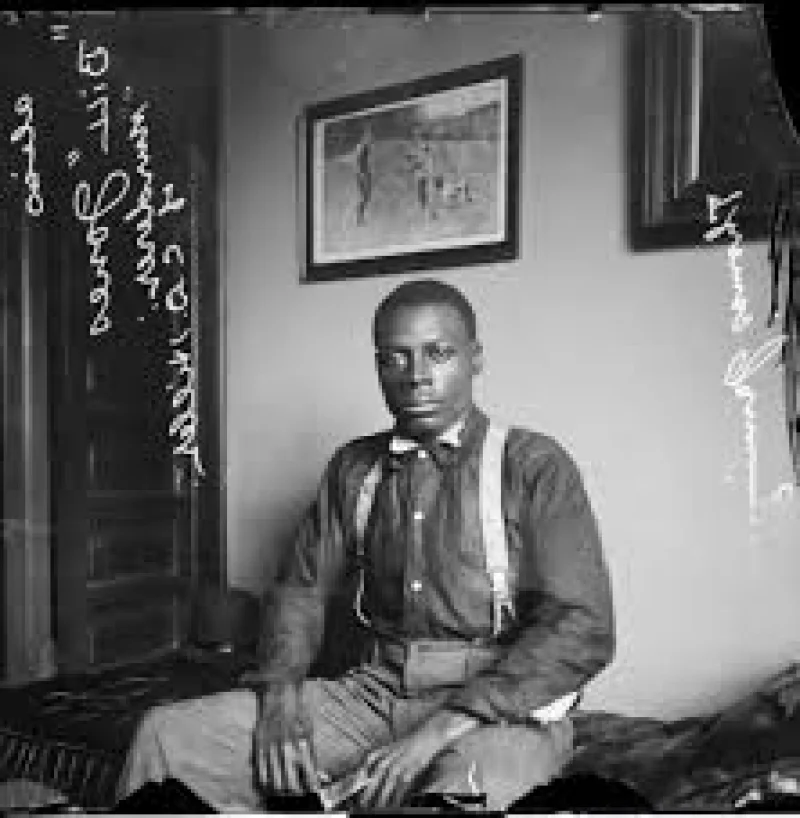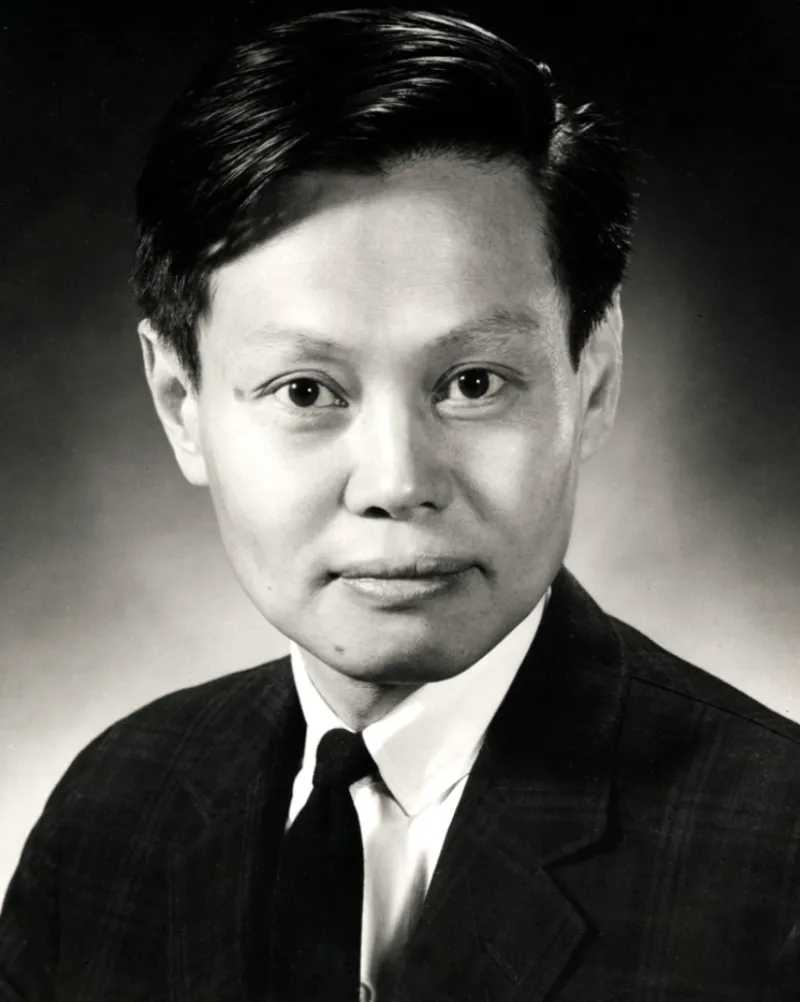Short Summary
Luigi Galvani was an 18th-century Italian physician, physicist, and philosopher who is most renowned for his pioneering work in bioelectricity. He is credited with the discovery of animal electricity, which laid the groundwork for the development of electrophysiology. His experiments with frog legs led to the concept of "galvanism," influencing both scientific thought and the field of electricity. His work significantly impacted the future of both biological and physical sciences.
Early Life & Education
Luigi Galvani was born on September 9, 1737, in Bologna, Italy, into a well-to-do family. His father, Domenico Galvani, was a goldsmith. Luigi initially pursued a religious education but eventually shifted his focus to medicine. He studied at the University of Bologna, where he earned his degree in medicine and philosophy in 1759. Influenced by the intellectual environment of the university and the scientific curiosity it fostered, he began to explore the field of anatomy and physiology, which would later shape his career.
Career Highlights
Galvani began his career as a lecturer in anatomy at the University of Bologna. His most significant career milestone occurred when he discovered the phenomenon of bioelectricity in 1780. While conducting experiments on frog legs, he observed that they twitched when struck by a spark of electricity. This discovery led to the development of the theory of animal electricity and the term "galvanism." His groundbreaking work was published in his 1791 book "De viribus electricitatis in motu musculari commentarius," which gained widespread attention and established his reputation as a leading scientist in his field.
Major Achievements
- Discovery of Animal Electricity: Demonstrated that electricity is a biological phenomenon, not just a physical one.
- Invention of Galvanism: Introduced the concept of using electrical currents to stimulate muscle contractions in living tissues.
- Publication of Influential Work: Authored "De viribus electricitatis in motu musculari commentarius," which became a cornerstone in electrophysiology studies.
Famous Quotes
- "Animal electricity does not arise from an external source, but from the muscle's own electricity."
- "The animal body is a conductor of electricity."
Interesting Facts
- He initially intended to become a priest before switching to medicine.
- The term "galvanize" originates from his name, referring to stimulating muscles using electricity.
- His work inspired Mary Shelley's "Frankenstein," which explores themes of reanimation through electricity.
Legacy / Influence
Galvani's work laid the foundation for the field of electrophysiology, influencing both biology and physics. The concept of galvanism extended beyond science, impacting literature and culture. His findings paved the way for future developments in medical technologies involving electrical stimulation, such as pacemakers and defibrillators, highlighting his lasting impact on both scientific and medical fields.
FAQ
Q: Why is this person famous?
A: Luigi Galvani is famous for discovering animal electricity and pioneering the field of bioelectricity.
Q: What was his most significant contribution?
A: His most significant contribution was the discovery of galvanism, showing that electricity could cause muscle contractions.
Q: How did his work influence literature?
A: His experiments inspired Mary Shelley's "Frankenstein," a novel exploring themes of life and reanimation through electricity.












